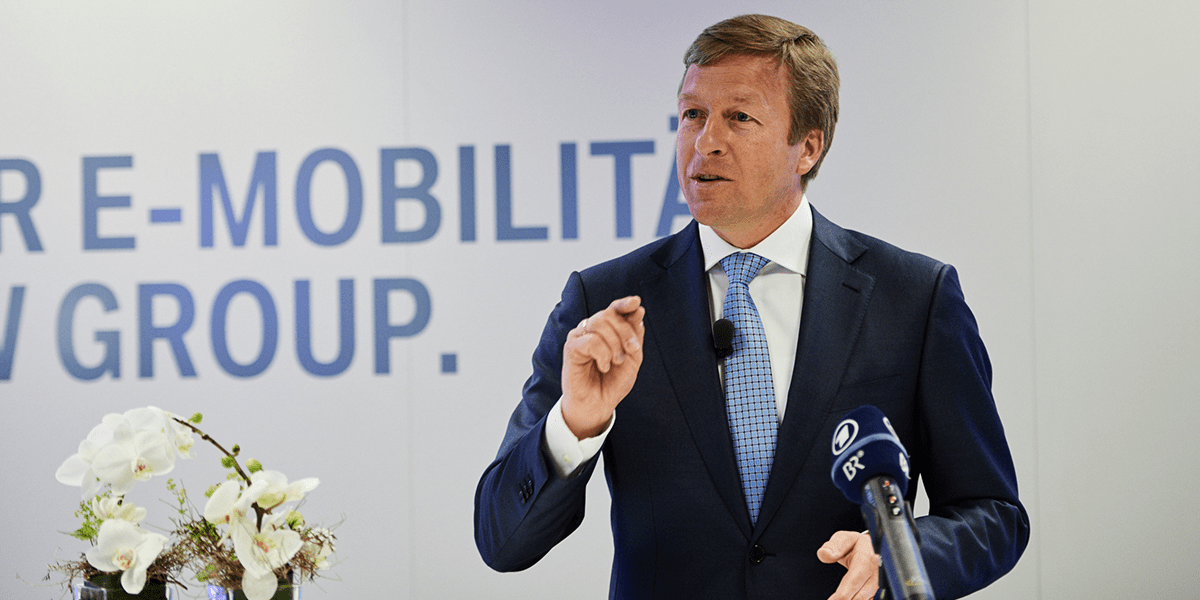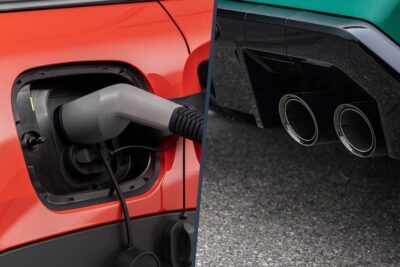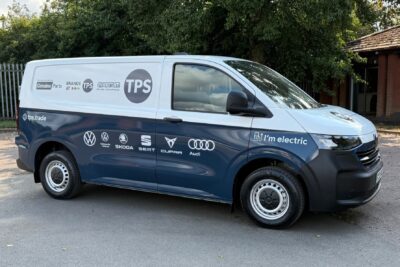Krüger succession: Oliver Zipse new BMW CEO
Oliver Zipse will take the lead at BMW on 16 August, the board just decided as much. With Harald Krüger leaving, the German carmaker will have much to do to catch up on electric mobility, fast.
With the i3, BMW once had some kind of lead in electric mobility in Germany. In the meantime, no new models have come from the Munich-based company, and their main competitors Mercedes and Audi have caught up. Needless to say, Tesla is even further ahead. So all eyes will be on Oliver Zipse now.
In retrospect, BMW’s failure on this front can really be filed under “too little, too late”: When BMW boss Harald Krüger announced at the end of June that BMW wanted to implement the existing e-mobility strategy sooner, it was actually a good stretch behind the herd. The number of 25 electrified models (mostly hybrids) previously announced for 2025 is now expected to be available in 2023, two years earlier.
Simply the fact that BMW has to move forward its e-mobility plan to catch up makes it painfully clear that the small lead they once had has long since vanished. When Krüger took over as Chairman of the Board of Management in 2015, the Group already had an innovative electric car on offer in the form of the i3. The local competition did not have anything that touched it for a long time. While Mercedes and Porsche are now rolling out their first large-series electric cars, Audi is already selling the e-tron, and even the Jaguar is offering an electric SUV with respectable performance data. Only BMW was too hesitant under Krüger and simply missed the boat.
Here are some tasks waiting for Zipse. The previous Head of Production, who was appointed new boss by the BMW Supervisory Board tonight at its meeting in the US, not only has to catch up in day-to-day business and with the overall sales figures for Mercedes-Benz – because Krüger also lost the lead here. In the critical future field of electric mobility, important directional decisions have to be made – or revised.
Back to starting position: Since the i3, which was launched in 2013 and has since been kept state-of-the-art with two battery updates, BMW has not launched a new battery-electric car on the market (with no mention of electrifying BMW motorbikes). Back then, Krüger had cancelled planned and technically possible offshoots on the carbon fibre platform saying they were too expensive. The recently introduced Mini Cooper SE does not fall under the new electric car category either: it uses the technology from the i3. Since then there have only been plug-in hybrids under the BMW leading brand with all-electric models all but in the pipeline. In addition to the Mini Electric, the i4, iX3 and the series version of the iNEXT are set for launch in the years 2020 to 2022. A second Mini electric car positioned below the Cooper SE, and full electrification (not before 2030) is also being discussed by now.
Zipse can and must build on this. Chairman Norbert Reithofer said in a statement, that Zispe “will provide the BMW Group with fresh momentum in shaping the mobility of the future.”
One decision by Krüger, who also supported his successor as Chief Production Officer, could still pay off: Instead of operating independent plants or production lines for electric cars like Audi’s e-tron production in Brussels or Porsche’s new Taycan production, the BMW modular system makes it possible for all drive types to be manufactured together on a single line. This makes the introduction of new models or the adjustment of production figures in relation to the combustion engines much easier. It also ensures more constant capacity utilisation of the existing plants, which is not negligible for the support of the Supervisory Board.
A news article from England fits into this picture: It is possible that the i3 will not receive a successor despite steadily rising sales figures. “It is difficult to say whether the i3 will have a direct successor, as electrification is moving more in the direction of the mainstream – with the upcoming iX3, for example,” said Sales Director Pieter Nota in an interview with the British magazine AutoExpress. “The i3 had a pioneering role – it initiated BMW’s electrification plan, but electrification is now becoming mass-compatible.” And that means that there will probably no longer be a separate platform for the i3 with its electric architecture and carbon fibre body.
However, it remains to be seen how good the vehicles based on this mixed construction kit will be compared to dedicated electric cars (“Purpose Design”). One example: While the iX3 is based on the well-known X3 and adopts numerous features and basic dimensions from it, Audi’s competitor, the Q4 e-tron, will soon bring an electric SUV based on MEB. This means that Audi can potentially exploit the advantages of a purely electric architecture, while the iX3’s hands are tied in certain respects (e.g. engine suspension and position, cooling and air intakes as well as the interior). BMW will have considered and accepted such points in its development. Should the MEB concept prevail, Zipse should not shy away from a radical decision.
How much the person of the Chairman of the Board of Management can influence the fate of a company in a field such as electromobility, even in a group with more than 100,000 employees worldwide, is demonstrated by BMW itself: When Krüger was promoted from Head of Production to Chairman of the Board of Management in 2015, this was a turning point for the BMWi electric division: Herbert Diess, then Board Member for Development, had made a decisive contribution to electric mobility at BMW – even during his time as Board Member for Purchasing, he had strengthened BMWi in-house. After his defeat in the duel for his successor at the top of the board, Diess moved to Volkswagen, and the upcoming electric offensive there now bears his signature.
At BMW, on the other hand, little progress was made: The reluctant Kruger – preferred by the major shareholders of the Quandt family to the demanding Diess precisely because of this characteristic – invested considerably less in this future field with an uncertain return. SUVs like the X3 and X5 could be sold better, with a fat margin and a large combustion engine. Leading heads of BMWi, including managers such as Carsten Breitfeld, Benoit Jacob and Dirk Abendroth, subsequently left the Munich-based company. This meant that a great deal of electric mobility expertise was lost. Insiders report that Klaus Fröhlich, the member of the Board of Management responsible for the development, was decisively accountable for this.
After all, BMW was able to maintain its high vertical range of manufacture for central components in the electric drive train. Whether electric machine, power electronics or battery assembly – the engineers master all these fields and produce them for the plug-in hybrids in respectable numbers. Several steps have already been taken in recent weeks to accelerate these processes. With Jaguar Land Rover, the Munich-based company wants to jointly develop electric drives and establish a platform for autonomous driving with its archrival Daimler – both projects were driven forward by Chief Development Officer Fröhlich.
The task of Oliver Zipse will be to leverage this wealth of experience and transfer it to purely electric cars on a large scale – possibly on new platforms. Tesla and the numerous newcomers from USA and Asia will not wait.
Article by Sebastian Schaal; edit Nora Manthey.





1 Comment